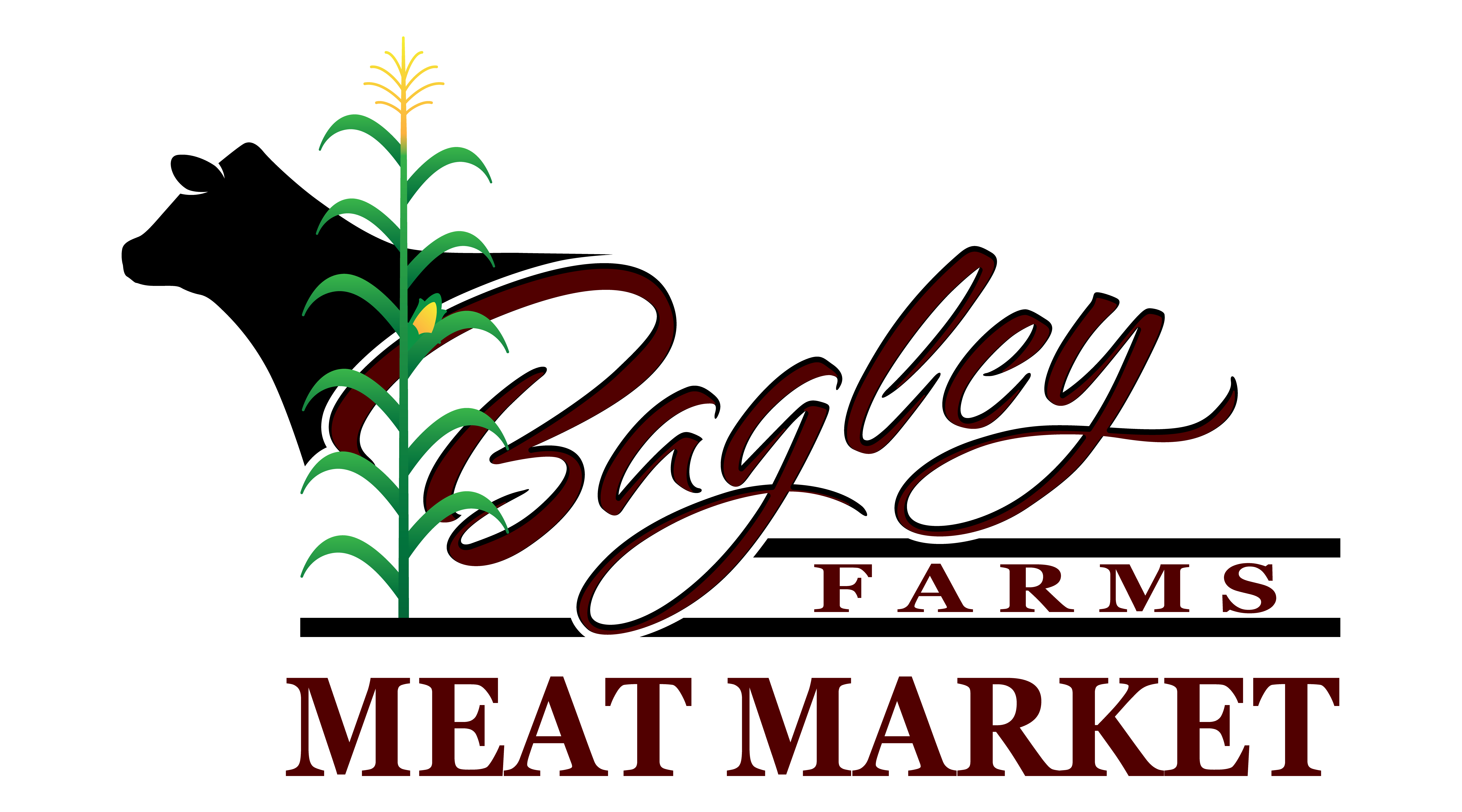Why Shopping at a Farmers Market Sustains Regional Farmers and Your Neighborhood
Buying at a farmers market offers as a tangible ways of supporting regional farmers while at the same time bolstering the financial material of your area. Consider the influence this has on regional economic situations and food systems.
Financial Benefits of Farmers Markets

Farmers markets substantially add to local economies by promoting straight sales in between customers and producers. This straight purchase version eliminates intermediaries, permitting farmers to keep a larger share of the profits. This boosted revenue encourages neighborhood farmers to reinvest in their operations, buy better devices, and enhance agricultural techniques. Such reinvestment not only improves productivity but likewise suffers neighborhood agricultural work.
Moreover, farmers markets promote economic task within the bordering community. By attracting customers that might also purchase from neighboring businesses, these markets assist to create a lively neighborhood ecosystem. The influx of shoppers encourages foot web traffic, which benefits coffee shops, dining establishments, and stores, inevitably causing a multiplier result that reinforces the total economic climate.
This diversity of regional offerings can improve area identification and pride. Generally, the economic advantages of farmers markets expand much past direct sales, fostering a resilient and durable regional economic climate.
Quality and Top Quality of Produce
The unequaled freshness and quality of fruit and vegetables located at farmers markets are crucial variables that attract consumers looking for healthy and savory options. Unlike supermarket offerings, which often undergo long transport times and storage space durations, the fruits, vegetables, and various other items readily available at farmers markets are typically gathered just days and even hours prior to being sold. This immediacy guarantees that the nutrients, flavor, and structure are maintained, providing an exceptional cooking experience.
Moreover, farmers markets typically include seasonal fruit and vegetables, enabling consumers to enjoy vegetables and fruits at the top of their perfection. This not just boosts the preference yet additionally encourages the consumption of a varied variety of foods, promoting a much more balanced diet plan. Neighborhood farmers take satisfaction in their growing methods, commonly utilizing lasting methods that enhance the high quality of their produce. Numerous also provide natural options, allowing health-conscious customers to make informed options.
The straight link in between the farmer and the consumer at these markets promotes transparency concerning farming practices, better assuring customers of the quality of their purchases. Consequently, consumers can confidently support their health and wellness while delighting in the rich tastes that originate from neighborhood, freshly collected fruit and vegetables.
Structure Area Relationships
Area relationships thrive at farmers markets, where neighborhood manufacturers and customers take part in meaningful interactions. farmers market edwardsville il. These markets serve as dynamic area hubs, fostering links that extend beyond simple purchases. Buyers have the distinct possibility to fulfill the very farmers that expand their food, assisting in a much deeper recognition for agricultural methods and the challenges encountered by regional producers
This straight engagement constructs depend on and commitment, allowing customers to support the very people who add to their community's economic situation and vitality. These communications often lead to the sharing of knowledge about seasonal produce, food preparation tips, and lasting methods, enhancing the neighborhood's collective understanding of food systems.
In enhancement, farmers markets develop a sense of belonging, as individuals from varied histories come together to celebrate local culture and shared values. Ultimately, buying at farmers markets is not just regarding buying food; it is concerning nurturing community bonds that contribute to a resistant and thriving regional environment.
Promoting Lasting Practices
At farmers markets, sustainable techniques are not only urged yet proactively promoted, creating a system for eco mindful intake. These markets frequently feature neighborhood farmers who use organic farming methods, which considerably reduce the reliance on synthetic chemicals and fertilizers. By prioritizing natural growing, they contribute to much healthier environments and promote soil health and wellness, ensuring that the land can sustain farming practices for future generations.
Furthermore, several farmers at these markets accept lasting practices such as crop turning and permaculture strategies, which improve biodiversity and reduce dirt disintegration. The emphasis on seasonal fruit and vegetables also minimizes the carbon impact related to transferring food over fars away, cultivating a more sustainable food system.

Sustaining Local Food Solutions

Supporting local food systems also reduces the carbon impact connected with delivering food over cross countries. When consumers purchase straight from regional farmers, they reduce the need for substantial supply chains, consequently saving energy and resources. Furthermore, farmers markets frequently encourage lasting farming techniques, as local producers are extra most likely to prioritize eco-friendly see techniques to attract their community.
Additionally, by spending in neighborhood food systems, consumers add to the strength of their communities. A durable neighborhood food network can withstand economic variations and exterior stress, making certain a secure food supply. Eventually, purchasing at farmers markets not only sustains local farmers however likewise improves the total health and wellness and sustainability of the community's food ecological community.
Conclusion
Purchasing at farmers markets plays an essential role in improving and supporting local farmers community durability. The direct connection between consumers and local producers not only ensures accessibility to fresh, high-quality food yet likewise strengthens neighborhood food systems.
Buying at a farmers market serves as a substantial ways of supporting neighborhood farmers while at the same time reinforcing the financial fabric of your area. By prioritizing local sourcing, farmers markets help keep local agricultural variety and promote the consumption of seasonal produce, which in turn strengthens local economic climates.
Ultimately, buying at farmers markets not just sustains neighborhood farmers but additionally enhances the general health and wellness and sustainability of the community's food environment. (farmers market edwardsville il)
Buying at farmers markets plays a crucial function in sustaining local farmers and boosting neighborhood durability. The straight relationship between consumers and neighborhood manufacturers not only makes sure access to fresh, top notch food but additionally enhances Recommended Reading regional food systems.